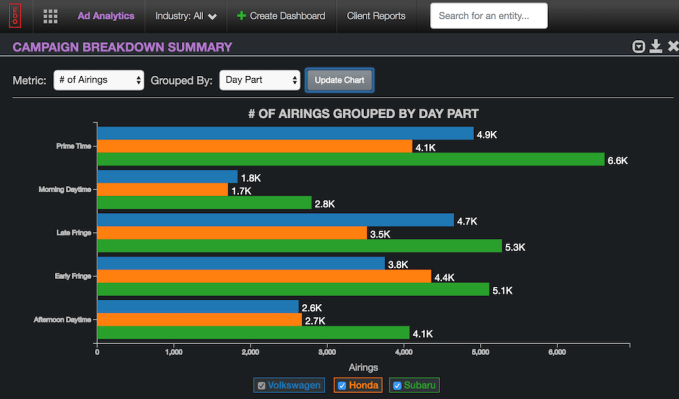Some nice momentum for privacy-focused search engine DuckDuckGo which has just announced it’s hit 30 million daily searches a year after reaching 20M — a year-on-year increase of 50%.
Hitting the first 10M daily searches took the search engine a full seven years, and then it was another two to get to 20M. So as growth curves go it must have required patience and a little faith in the run up.
A strength of conviction that’s paying off now, though, as usage continues to take off…
Albeit 30M daily searches is still a drop in the ocean vs the at least 3BN+ daily searches that Google handles daily (at least because that metric dates back to 2015).
DDG’s search engine offers a pro-privacy alternative to Google search that does not track and profile users in order to target them with ads.
Instead it displays ads based on the keyword being searched for at the point of each search — dispensing with the need to follow people around the web, harvesting data on everything they do to feed an sophisticated adtech business, as Google does.
DDG says it has been profitable using its non-tracking business model since 2014, also making money from affiliate revenue.
It does not break out active user metrics but earlier this year cited third party estimates which peg its user-base at around 25M.
This year it expanded from its core search product to launch a tracker blocker to address wider privacy concerns consumers have by helping web users keep more of their online activity away from companies trying to spy on them for profit.
It also recently emerged that DDG had quietly picked up $10M in VC funding, which is only its second tranche of external investment.
The company told us this financing would be used to respond to an expanding opportunity for pro-privacy business models, including by tuning its search engine for more local markets and expanding its marketing channels to “have more of a global focus”.
Privacy regulations such as Europe’s General Data Protection Act are likely also helping to put wind in DDG’s sails.
While, in the US, lawmakers are also eyeing drafting federal privacy regulations — which could result in new domestic controls on how companies are able to process people’s information.
Not tracking people in the first place positions DDG’s business to be able to keep on flying regardless of tighter rules incoming.
from www.tech-life.in













No comments:
Post a Comment